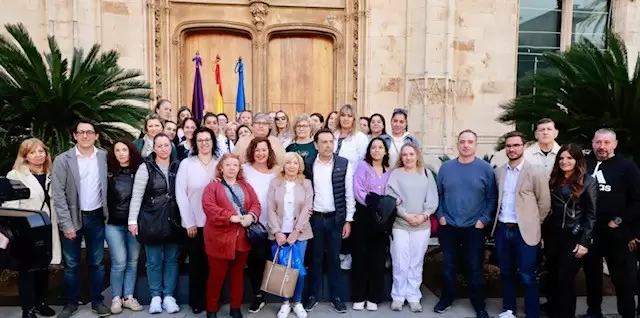More than 20,000 hotel housekeepers in the Balearic Islands, Spain, will benefit from a new methodology to regulate their workloads, considering the class of hotel, the specifications of each room and mandated requirements for cleanliness.
- Hotels will be required to calculate the maximum number of rooms to be cleaned without damaging a hotel housekeeper’s health using a methodology designed by the Balearic Institute of Occupational Health and Safety (IBASSAL)
- The Government of the Balearic Islands will thus fulfil one of the longstanding demands of IUF affiliates in the sector, CC.OO. and UGT, reflected in the Tripartite Agreement for the Quality of Employment in the Hospitality sector signed last February
- This collective agreement addresses workload, breaks, overexertion around the moving of beds and trolleys, personal protective equipment (PPE), outsourcing, and high turnover, all of which are key issues in a sector with an overwhelmingly female workforce which was devastated by the COVID-19 pandemic
Jose Garcia Relucio, from the UGT, stated, “Balearic tourism law was born out of union demands, struggle and negotiation; there is more work ahead to ensure reasonable workloads for all job classifications in the hotel sector.”
Silvia Montejano, union representative for CC.OO., referenced the union’s intention to build on this pathbreaking legislation for hotel housekeepers, “We are going to do the same in all sectors. We will be in the workplaces measuring workloads.”
